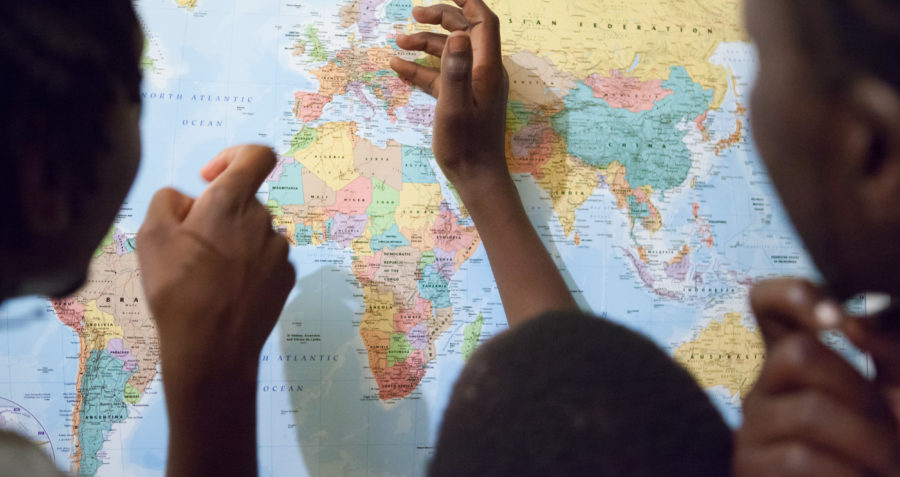What COVID-19 means for the global HIV response
 © Gemma Taylor for Frontline AIDS
© Gemma Taylor for Frontline AIDS
The COVID-19 pandemic is an unprecedented global health emergency that represents a significant threat for people living with HIV and AIDS, and for the global HIV response.
Of the 37.9 million people living with HIV worldwide, around two-fifths (13.4 million) are unable to access HIV treatment to keep them healthy. While no research is yet available on the impact of COVID-19 on them, the experience so far suggests that those with weakened immune systems may be more severely affected and may require more intensive treatment.
Global pandemic, local challenges
Like HIV and AIDS, COVID-19 has a disproportionate impact on those who are already marginalised. So far, elderly people and people with existing health conditions have been especially hard hit. As the pandemic spreads to poorer countries and those with higher HIV rates, we are concerned that those most affected by HIV – adolescent girls and young women, LGBT people, sex workers and people who use drugs – will also feel the effects of COVID-19 more acutely.
These groups are often unable to access vital healthcare because of poverty, stigma and criminalisation, and because they live in countries without robust healthcare and social systems. The reality of their lives means that many will be unable to practice social distancing or self-isolation, while those in insecure work will have no choice but to continue working – even when they are ill.
Frontline AIDS is working with our partners across 37 countries to ensure that the needs of these most marginalised communities continue to be met throughout the pandemic. Our partners are already raising areas of concern, with HIV prevention and harm reduction services shutting down overnight and threats to the supply of HIV medicines and key commodities, such as condoms or methadone.
While recognising the enormous challenges of the COVID-19 pandemic, we urge governments and international agencies to support efforts to sustain the HIV response and ensure that the gains made on HIV are not lost.
We also urge them to follow the World Health Organisation’s advice, issued in the light of COVID-19, to ensure that all people with HIV who aren’t yet on treatment are enabled to start as quickly as possible, as a key strategy to protect their health and reduce their vulnerability to the coronavirus.
Learning from the HIV response
As a global partnership with more than 25 years’ experience of responding to HIV and AIDS, Frontline AIDS and our partners believe that important lessons from the HIV pandemic can be brought to the COVID-19 response.
For decades, we have urged governments to view communities as an integral part of their health systems. Now, we believe the communities on the frontline of the HIV response can also play a critical role in tackling COVID-19 – and some already are.
As an HIV organisation, we know only too well the stigma and human rights violations that can rapidly erupt in the face of a health crisis, and we are urging governments and all other actors to uphold dignity and human rights for all people throughout the COVID-19 crisis.
From HIV we have learned bitter lessons about the need to ensure that new treatments or new uses for existing medicines are available and affordable for all, rather than to a privileged few. As wealthier governments rush to invest public funding in research and development on COVID-19, we urge them to ensure that treatments or vaccines developed will be accessible to all countries.
A fast-moving crisis
We will provide further updates on the impact of COVID-19 on the HIV response as the crisis continues to unfold. We have developed an information note to provide people living with HIV, their caregivers and the organisations supporting them with basic guidance on how to prepare and hopefully mitigate the impact that COVID-19 may have on their lives.
Other trusted sources of information on COVID-19 and HIV include UNAIDS and the World Health Organisation.
Tags
COVID-19HIV prevention


